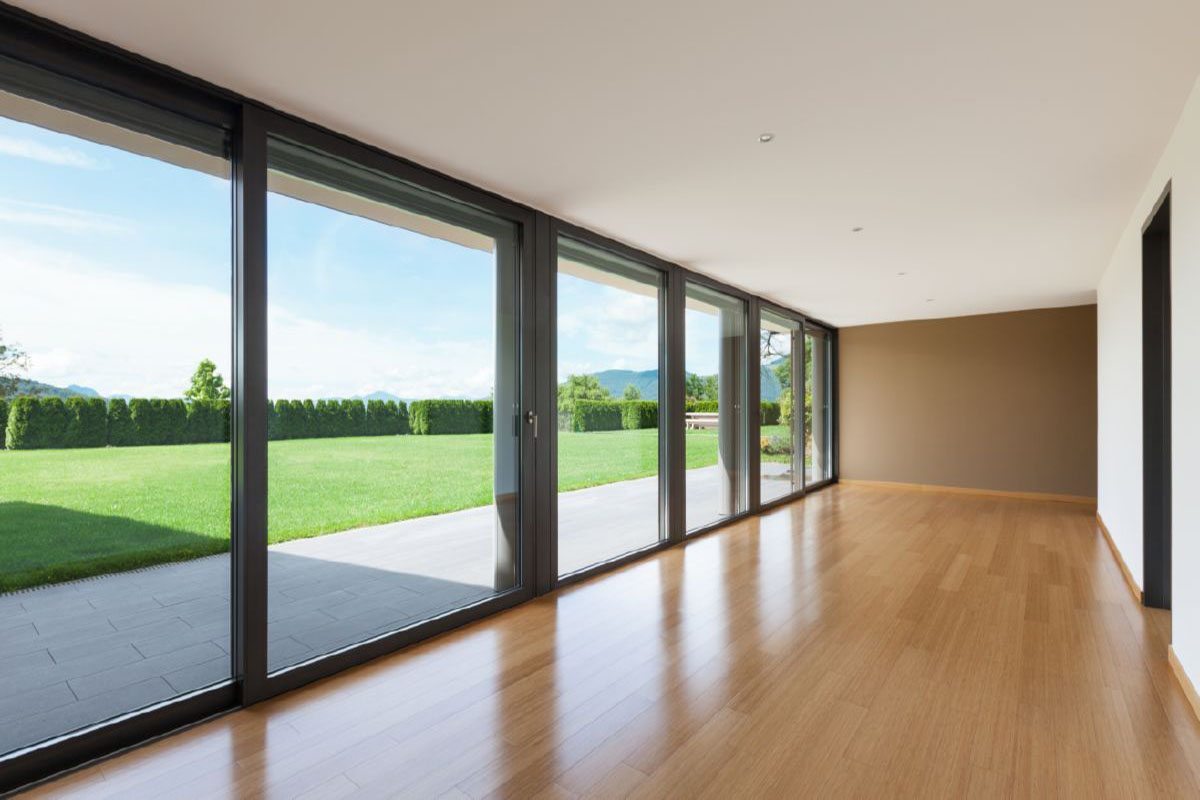All Categories
Featured
Table of Contents
Does Double Glazing Have A Vacuum? in South Guildford Western Australia
That window can transfer more solar heat in winter season than in summer season. A west-facing window on a summer season's afternoon has an angle of incidence from near 0 up to 30 with a big effective location of solar radiation. A north-facing window, in summer season, has a high angle of incidence and a low effective location of solar radiation, so can transfer less heat than a west-facing one.

But you can quickly and quickly enhance the thermal efficiency of your house by changing your windows. This is one of the most effective approaches of renovation to achieve improved thermal convenience. There are thousands of types of glass and frames to select from. Picking the right ones is essential to enhancing the energy efficiency of your house.
Double Glazing Australia Blogs in Medina Perth
There are various kinds of glass products to select from. Single glazing utilizes a single pane of glass. Single glazing with clear glass is not extremely efficient when it concerns heat loss or gain. To improve performance, you can use single glazing with a more energy-efficient type of glass such as low emissivity (low-e) glass.
The energy performance of IGUs likewise depends on: the properties of each layer of glass. Various glass types (for example, clear and low-e glass) can be put together in an IGU.
Double Glazing Perth in Karrinyup Perth
IGU cavities can be filled with air or a more inert, low-conductivity gas such as argon the width of the cavity. Wider cavities supply lower (better) U values, with 12mm typically accepted as the favored gap how well the cavity is sealed.
If argon is set up to the cavity in place of air, wetness is reliably excluded the level of desiccant (drying agent). The spacer (metal or polymer strip) that separates the glass layers contains a desiccant to soak up any wetness. Inadequate desiccant may trigger wetness to condense on the glass surface in cold conditions, lowering thermal efficiency.
Keeping Your Cool: The Benefits Of Double Glazed ... in Cannington WA
In reality, IGUs can provide much better energy performance for all environments, specifically in heated and air-conditioned houses. Cross-section information of single, double and triple-glazing systems Low emissivity glass (typically referred to as low-e glass) reduces heat transfer. Low-e glass might be either high or low transmission: High transmission low-e glass has a coating that permits daytime from the sun to enter the house to attain great solar heat gain, but reduces the quantity of the long wavelength infrared heat that can escape back through the window.
Low-e glass has either a pyrolytic finishing or a vacuum-deposited thin movie metal covering. Pyrolytic finishings are durable and can be used for any glazing; vacuum-deposited coverings are soft and are only utilized within IGUs. Low-e coverings can significantly enhance both U value and SHGC; nevertheless, they must be used properly or they will either deteriorate or stop working to carry out as required.
Double Glazing Windows - The Best Installers In The Uk ... in Warnbro Perth
Low-e finishes can be used in mix with clear, toned or reflective glass. Low-e finishes on glazing can minimize heat transfer where required Photo: Department of Market, Science, Energy and Resources Toned glass has actually colouring ingredients consisted of throughout manufacture. It is offered in different colours, normally bronze, grey, blue and green.
Table of Contents
Latest Posts
Energy Efficient Windows At Everest in Lakes Perth
Single Vs Double Vs Triple - Which Window Is Right For Your ... in South Fremantle Western Australia
How Are Double Glazed Windows More Energy Efficient? in Safety Bay Western Australia
More
Latest Posts
Energy Efficient Windows At Everest in Lakes Perth
Single Vs Double Vs Triple - Which Window Is Right For Your ... in South Fremantle Western Australia
How Are Double Glazed Windows More Energy Efficient? in Safety Bay Western Australia